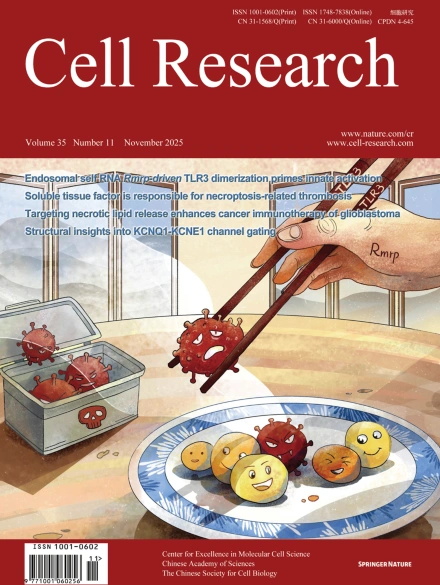
Advanced Search
Submit Manuscript
Advanced Search
Submit Manuscript
Volume 35, No 11, Nov 2025
ISSN: 1001-0602
EISSN: 1748-7838 2018
impact factor 17.848*
(Clarivate Analytics, 2019)
Volume 35 Issue 11, November 2025: 792-802 |
Trained immunity: induction of an inflammatory memory in disease
Titus Schlüter1 , Yuri van Elsas1 , Bram Priem1 , Athanasios Ziogas1,2 , Mihai G. Netea1,3,*
1Department of Internal Medicine and Radboud Center for Infectious Diseases, Radboud University Medical Center, Nijmegen, The NetherlandsThe innate immune system adapts its behavior based on previous insults, mounting an enhanced response upon re-exposure. Hematopoietic progenitors in the bone marrow and peripheral innate immune cells can undergo epigenetic and metabolic reprogramming, establishing an innate immune memory known as trained immunity. The concept of trained immunity recently gained relevance in our understanding of how innate immunity is regulated in various diseases. This review explores the role of trained immunity in infections, autoimmune disease, cardiovascular disease, cancer, and neurodegenerative disease. We discuss how trained immunity can provide heterologous protection against infections, as it has been induced for decades by the Bacillus Calmette Guérin vaccine, how it can help counteract immunosuppression, and how it can be inappropriately induced leading to chronic inflammation. By understanding how trained immunity is involved in processes leading to health and disease, novel therapeutic strategies can be developed.
https://doi.org/10.1038/s41422-025-01171-y